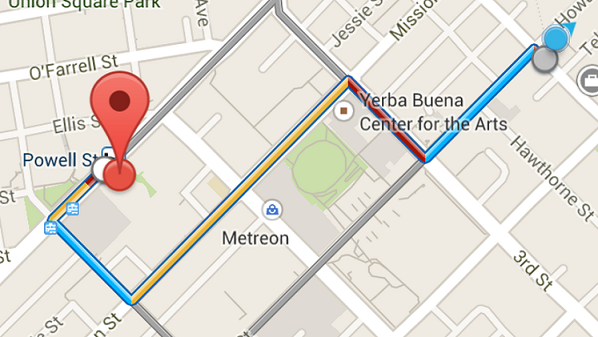 Businesses are always competing for online traffic. And that makes perfect sense because, of course, most people never get past page one or two of Google Search. So getting on page 1 is the goal for most brands. But even better than simply landing on page 1 is getting one of the coveted positions on Google’s Map.
Businesses are always competing for online traffic. And that makes perfect sense because, of course, most people never get past page one or two of Google Search. So getting on page 1 is the goal for most brands. But even better than simply landing on page 1 is getting one of the coveted positions on Google’s Map.
A pin on Google’s search results map highlights your business apart from your search results snippet. And it sets your business apart from all others on the page. But getting that pin isn’t always easy. There are, however, a few DIY hacks that can help do the trick if you’re savvy enough to add them to your SEO protocols:
1) Optimize Your Website: It seems pretty obvious, but with rare exception, only websites that are properly optimized make their way onto Google’s search results map. That is because SEO is essentially a race and you’ve got to be in it to win it. If your site is not optimized, you can’t expect to be deemed authoritative by Google algorithms. And that is what the maps distinction means essentially, the most authoritative local entities representing a particular search.
So getting your site optimized in the first place is the first step to landing a spot on the map.
2) Set Up a Google My Business Page: Google is the king of search. It therefore follows that patronizing Google products can help serve to curry favor with the behemoth.
Setting up an optimized Google My Business page can gain significant points for your website when it comes to gaining authority in the search space. Just ensure your business address is consistent with what is listed on your website. What that means is however you format your business address on your website, ensure you follow the same format on your Google My Business Page. (Use St. instead of Street and IL instead of Illinois, if that is the way it appears on your site.) inconsistency confuses Google. After all, there can be multiple businesses with similar names. A consistent address will help ensure Google identifies your business accurately.
3) Use Schema Markup to Nail Your Address and Industry: Schema markup or micro data is an esoteric coding language that really only communicates with Google’s algorithm. Schema can aid in telling Google just what your business does and where it does it.
If you have a brick and mortar you want to land on the search results map, Schema markup will help you tell Google’s bots just what you do and your location, so that they properly categorize and index your website and funnel targeted traffic there.
4) Secure Google Reviews: For search results, Google factors positive Google reviews highly into it’s index rankings and Google Maps are no different. Every time you have an opportunity invite a satisfied client or customer to place a Google review.
Positive reviews add quite a bit of thrust to the effort to get your site onto Google’s coveted maps listings.
